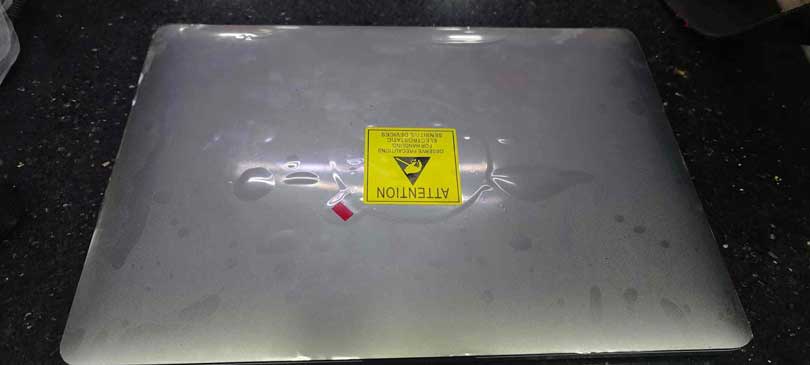Friday Feb 27, 2026
Friday Feb 27, 2026
Monday, 29 July 2024 11:14 - - {{hitsCtrl.values.hits}}

Colombo, Sri Lanka, July 29, 2024: Grey market products have long been a contentious issue, enticing consumers with seemingly lower prices. However, beneath the surface, these unauthorised imports bring a myriad of economic and consumer safety concerns that far outweigh their initial appeal.
Grey market products, also known as parallel imports, involve the import and sale of branded products in a market without the trademark owner's consent. These unauthorised imports have already caused significant tax revenue losses and foreign exchange outflows. Reports from 2023 indicate that Sri Lanka has lost Rs. 3.1 billion (USD 9.4 million) in tax revenue and Rs. 31.6 billion (USD 96 million) through illegal channels due to grey market imports.
Moreover, legitimate imports are expected to decline by Rs. 2.5 billion due to the influx of parallel import products driven by the rising prices of genuine items. The exact figure is difficult to quantify, given the clandestine nature of these operations, but the impact is undeniably severe. This situation exacerbates the economic challenges faced by the country.
In addition to lost tax revenue, grey market imports create an uneven playing field for legitimate businesses that adhere to legal importation processes and tax regulations. Authorized distributors and retailers often struggle to compete with the lower prices offered by grey market operators, who avoid the costs associated with tariffs and taxes.
"The growth of a grey market is posing a serious challenge to legitimate importers, which drives a cost disparity between legitimate imports and goods smuggled evading taxes," said Thulitha Mendis, the Chairman of the Import Section of the Ceylon Chamber of Commerce, at their recently held 89th Annual General Meeting.
While grey market imports may offer lower prices, they come with their own set of risks. Products sourced through unofficial channels may lack proper warranties, support, and after-sales service, leading to higher costs for consumers if the product fails or needs repair. Without the backing of the manufacturer, consumers are left with limited recourse for defective or substandard products.
As Sri Lanka continues to navigate the challenges posed by grey market imports, it is clear that a multi-faceted approach is necessary. Strengthening regulatory frameworks, raising consumer awareness, and supporting legitimate businesses are key steps towards mitigating the economic impact and preserving the nation’s fiscal health. The government’s ongoing efforts will be crucial in curbing grey market activities and securing a more robust and equitable economy for all Sri Lankans.
While grey market products might offer short-term financial benefits to consumers, the long-term consequences for the country and the economy are profound.